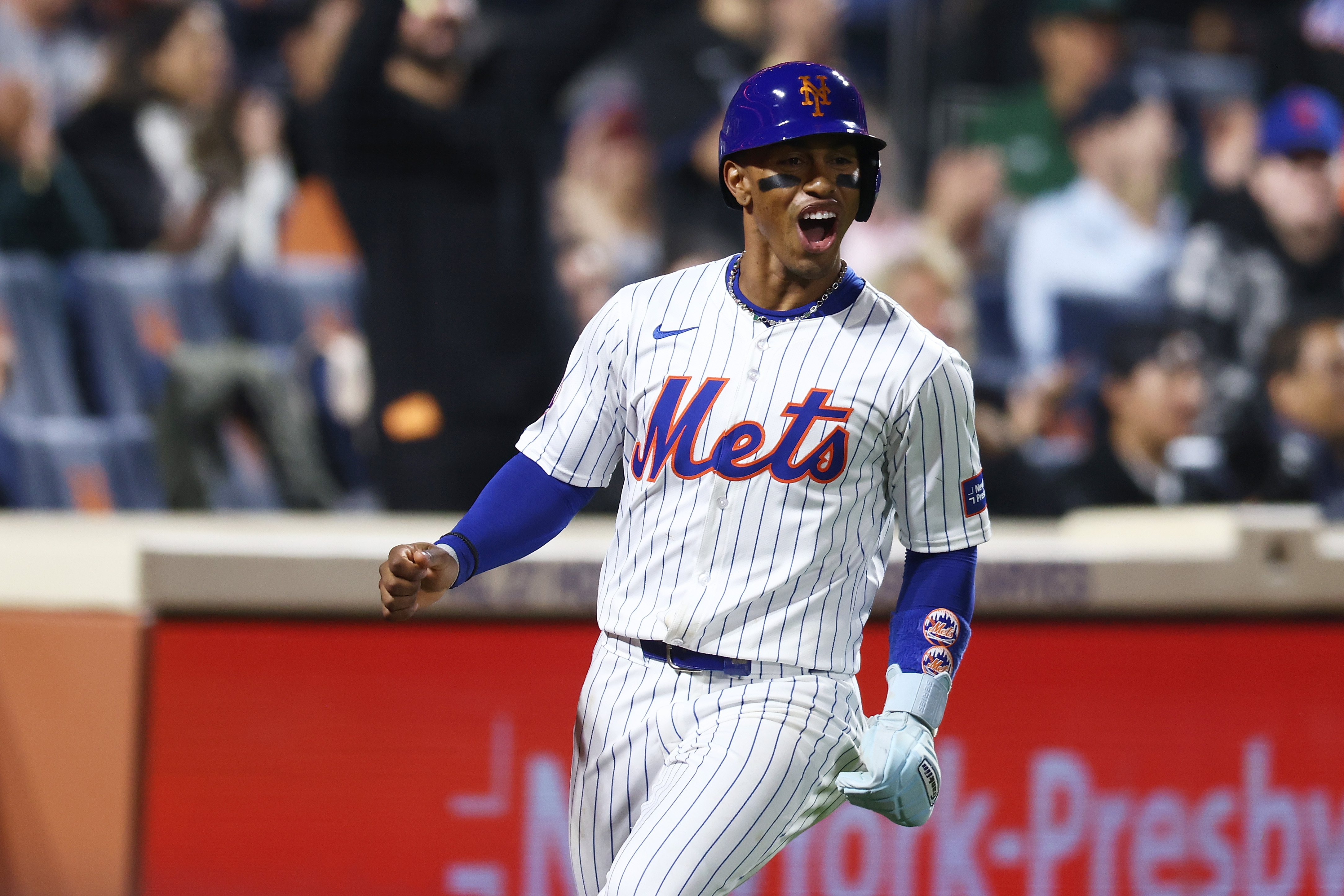Before Commissioner Rob Manfred implemented a 60-game season last week, many a pundit discussed the inability of the owners and players to come to an agreement and its negative impact on the sport. Another topic of conversation that emerged was the dissatisfaction of many with the state of the game itself.
Baseball has always been my favorite sport and it remains so. But even I have to acknowledge that cracks have emerged in the facade of the grand old game. Much of the blame can be directed to the influx of analytics which has stripped the game of activity and transformed contests into 3-plus hour science experiments.
So what can the sport's leadership do to increase the entertainment value for fans not interested in watching how algorithms play out in real-time? Here are some ideas:
Expand the strike zone
There was a time when it was exciting to see if a top hitter could connect off a top pitcher. Now it's a struggle to work the count and deliver "good takes." If MLB returns to calling the high strike, it will theoretically cut down on walks and force hitters to swing the bat, thus creating more balls in play and more action. It should also cut down on the length of games.
Eliminate video review
In theory, video review is great. Umpires are human and no one wants honest mistakes to alter the outcome of a game. But in practice, video review has been a tedious endeavor with little satisfaction concerning inconsequential plays. How many times have you watched a replay and still not been able to tell if the tag beat the runner? That doesn't even factor in the time wasted waiting to see if a team wants to review a play in the first place.
MLB
Video review has also dramatically reduced the opportunity to see one of the game's great moments, the on-field manager/umpire argument. Give me more Billy Martin and Larry Bowa losing it and less Joe West in a headset.
Eliminate interleague play
Setting aside the unique circumstances of this upcoming season and the need to reduce travel as much as possible, it's time for interleague play to leave the game. There was a time when this concept made sense. The chance to see Ken Griffey Jr. or the Yankees play in an NL park was exciting because you didn't really see them otherwise.
Technology and social media have now made it so that any fan can see every Mike Trout highlight moments after they occur. And for every series where you might get to see Trout or the Yankees or Red Sox, there's three more against the likes of the Tigers, White Sox and Rangers. Those are season stoppers. What's more interesting to Phillies fans: a 3-game series against the Mariners or another crack at the Mets?
This plan would require realignment. No big deal. Send the Astros back to the NL.
Reduce distance between bases to 88 feet
As we mentioned above, baseball games currently lack action. Middle infielders swing for the fences and very few players attempt to steal bases on a consistent basis. Reducing the length between the bases from 90 feet to 88 feet would hopefully incentivize putting the ball in play and encourage more stolen base attempts without fundamentally changing the nature of the game.
Big milestone bonus
One of the things that baseball has lost for most of this century is the pursuit of significant single-season milestones. When was the last time a player chased one of baseball's hallowed records in a season? In the 1990s, Tony Gwynn took a run at .400 before the strike ended his quest. Roger Maris' home run record of 61 was in play until Mark McGwire set the new standard in 1998. The specialized nature of the game and the increase in the Three True Outcomes (walk, strikeout, home run) have all but squashed the chase for single-season milestones.
Baseball's regular season needs storylines like that to captivate fans on a national level. So let's incentivize it. Each team contributes $1 million a season for a pool of $30 million total. If a player reaches a significant milestone or record, they receive that money as a milestone.
If I were choosing, I'd establish the following as the marks:
• HR record
• RBI record
• .400 BA
• 57-game hit streak
• 30 wins
• Sub-1.50 ERA (with minimum 175 innings)
• 350 strikeouts
• 70 saves
If a season passes without one of these milestones being hit, the pool rolls over. Imagine the interest if in 2022 a player was within striking distance of one of these marks and $30 million was on the line.
Reset the home run records
This idea is the companion of the previous suggestion. Thanks to performance-enhancing drugs, baseball's single-season home run record has become untouchable. Lost with it is a significant piece of the game's charm, the legitimate pursuit of immortality. We all know that the top-six home run seasons of all-time (belonging to Barry Bonds, Mark McGwire and Sammy Sosa) are inauthentic displays of science run amok. The commissioner should deem them as such and reestablish the sport's home run record as Maris' 61 total from 1961.
It's not like track and field allows world record times to stand if runners test positive for steroids. Why should baseball? It's not just the right thing to do, it will also bring the sport's most important record back into play. While he's at it, Manfred can also reset the all-time HR record to Hank Aaron's total of 755.
Subscribe and rate the Phillies Talk podcast:
Apple Podcasts / Google Play / Spotify / Stitcher / Art19 / YouTube


